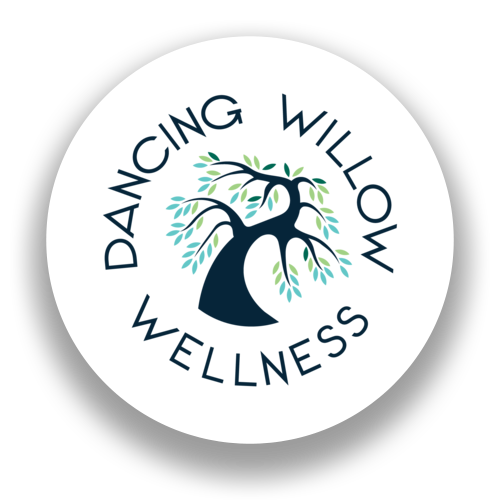The Real Work of Gratitude: Small Shifts That Support Your Health (Even When Life Is Hard)
Gratitude sounds simple. Appreciate what you have. Count your blessings. Notice the good.
But when life feels heavy, or when you’re burned out, stressed, or just trying to get through the day, gratitude can feel like a chore. Sometimes it even feels fake.
Here’s the truth: gratitude isn’t about pretending life is perfect. It’s about making space for the good alongside the hard. It’s about noticing small things that soothe your nervous system, connect you to others, and help you stay present, even in tough seasons.
The best part? You don’t have to overhaul your mindset to get started. Small, gentle shifts are enough.
Glimmers: The Nervous System’s Tiny “Yes” Moments
When we think about stress, we often think about triggers; the moments that spark anxiety, anger, or overwhelm. But your body notices the opposite, too.
There’s a term for those tiny positive moments: glimmers.
Glimmers are small signs of safety or connection. They might be as simple as a warm cup of tea, a favorite song on the radio, or the way sunlight filters through the trees on your walk.
These moments matter because they send your nervous system a different signal, one of calm, presence, and enoughness. When you practice noticing glimmers, you help train your brain to shift away from constant vigilance and toward balance.
If you want to explore this more deeply, this article on glimmers explains how they work and why they’re so powerful for mental health.
Expanding Gratitude: Who Made Your Shirt?
Sometimes gratitude feels hard because it’s been narrowed to a list of obvious things: family, friends, health. But there’s another way to approach it, one that opens the door to a wider sense of connection.
Take a look at what you’re wearing right now. Who grew the fiber that became your clothes? Who wove the fabric, stitched the seams, or packaged the final product? Every item you touch has a story, and usually, it involves the care and labor of people you’ll never meet.
The same is true for the food on your plate, the chair you’re sitting in, the devices you use. When we pause to notice these invisible networks of support, gratitude becomes about more than just personal blessings – it becomes an awareness of how deeply we rely on each other.
If you’d like to try this practice for yourself, Who Made Your Shirt? offers a simple, meaningful way to begin.
What About Gratitude for Yourself?
Here’s something that often gets missed in gratitude conversations: self-compassion matters, too.
When you’re in a season of stress or struggle, your inner voice might get harsh. You might find yourself saying things like, “I should be doing better” or “Why can’t I just be more grateful?”
But self-criticism only adds to the load. It activates the same stress responses that burnout and overwhelm trigger. The antidote? Shifting to kinder, more realistic self-talk.
This doesn’t mean you have to fake positivity. It just means talking to yourself like someone you care about. Maybe instead of, “I’m failing at this gratitude thing,” you say, “I’m learning to notice what’s good. It’s okay if it takes time.”
For more ideas on how to make this shift gently and sustainably, you can read Positive Self-Talk with Rebecca.
A Practice, Not a Performance
Gratitude isn’t about doing it perfectly. Some days you’ll feel it naturally. Other days you won’t. That’s normal.
But each small moment of noticing, whether it’s a glimmer of light, a thank you to someone unseen, or a kinder thought toward yourself, can help shift your nervous system toward calm, connection, and repair.
Especially during seasons like Thanksgiving, it’s easy to feel pressure to feel grateful. But the real work of gratitude isn’t about forcing feelings, it’s about gently practicing awareness, day by day.
You don’t have to get it right every time. You just have to keep showing up.
Rebecca



